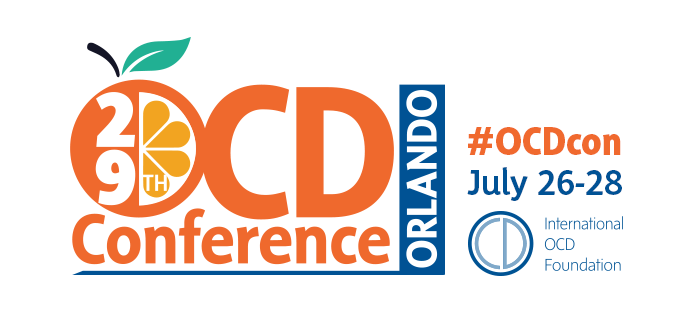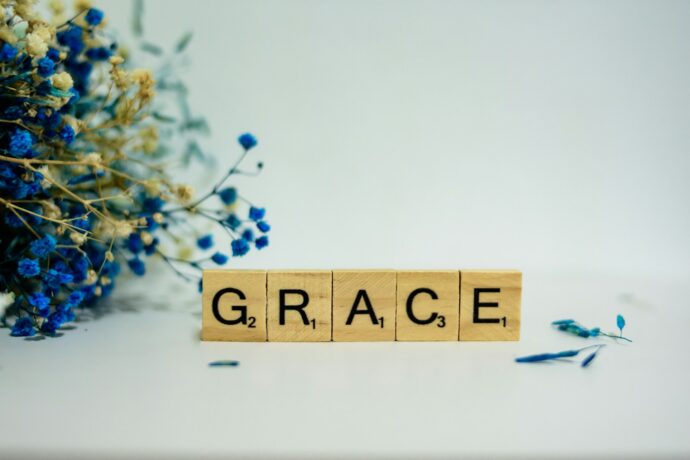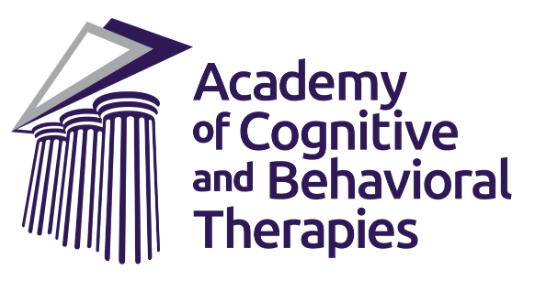
Father, I am seeking: I am hesitant and uncertain, but will you, O God, watch over each step of mine and guide me.
~St. Augustine of Hippo
“Is this true, or is this OCD?” The strain on Paul’s* face told me the pain under the surface. Clients often ask any variation of the following:
“What is God, and what is ______ [anxiety, OCD, intrusive thoughts, etc.]?
Paul would physically flinch and try to suppress his “ill-intended thoughts.” If he passed another woman and thought the word “rape,” he avoided that situation and person entirely in the future. He was afraid that these thoughts meant something terrible about him. Surely, it reflected something that needed severe measures. The worst part seemed to him that these thoughts were a vile rejection of God.
His life became so disabled that he couldn’t go anywhere without an onslaught of severe doubt. When he stayed home, at least he had a momentary reprieve from the fear—until it traveled to wherever he was (where you go, there you will be). The incessant doubt led him to wonder whether he might “snap” someday. He wondered if he should be locked up to keep others safe from him. His depression darkened. When diagnosed with OCD, he asked me, “How can I do exposure therapy to something bad, evil, and sinful? Isn’t that doing something wrong?”
Ava experienced a less severe course than Paul, able to function at a high level. When she told some family and friends that she was diagnosed with OCD, they teased her, “Aren’t we all a little OCD?!” No, we aren’t. Ava had a fairly typical relapse of OCD symptoms after the birth of her second child. Whenever she would pray, she started to think thoughts like, “Maybe I don’t even believe God is real.” This would terrify her, and she was more afraid she was a fraud who would ruin her daughter’s life.
Is this God? OCD? Anxiety? Conscience? Trauma? Relationship? Fear? Anger? Welcome to a journey of faith, life, and wisdom—where we live with constant uncertainty.
It’s Not My Job To “Keep ‘Em Separated”
I do not believe God has always asked me to know the separation between body, mind, and spirit. Everything in this world can’t be put in a neat little box, or as The Offspring song Come Out and Play goes, “You gotta keep ’em separated.” It sure feels nice when I know exactly what is happening.
However, I can still be faithful even when I don’t know what to do. That’s the deepest application of faith—when I’m uncertain.
Scriptures don’t attempt to give us a singular categorization of body and spirit. In some passages, we see three distinctions, like mind, body, and spirit (1 Thessalonians 5:23). Up pops a four-part distinction like body, soul, mind, and strength (Mark 12:30-31 and other places). What gives? Which is it???!!
- Here are 100 Bible Verses on body, soul, and spirit
- Here are 55 Bible verses on mind, body, and spirit
Philosophy of Human Nature
In philosophy and theology, two theories are commonly posited for understanding the parts of human nature—a bipartite and a tripartite view (to simplify greatly).
People of faith can commit the error of over-spiritualizing a person, thinking the body is relatively meaningless: “What God actually cares about is your soul.” There was an early church heresy that focused on that—called docetism. God created us as physical and spiritual beings, and He meets us physically and spiritually—the greatest example being the Incarnation, or “the Word became flesh” (John 1:14a).
So what is body, and what is spirit? What is mind? What is the soul? What is the brain? When I have a passing sexual thought that doesn’t fit how I typically think, what is it? Brain, body, mind, spirit, all of the above? Maybe.
Make Separations, Flexibly
I’m not here to discourage you from making determinations and healthy judgments—it’s required to survive and thrive. God has given us this incredible computational machine—our brain. Calculations are certainly part of this incredible creation. However, sometimes we cannot splice our thoughts, feelings, and experiences into neat little categories. This is a reminder that YOU DON’T HAVE TO SEPARATE what is bodily and what is spiritual to be healthy OR to do effective treatment for OCD especially. In fact, with many Christian clients, we cover both. What would it look like to be recovered from OCD and be faithful to Christ today? Not only are they not mutually exclusive, they both often support the other.
Learning to Enjoy Life While an Uninvited Guest Is Present
Fred* is brilliant and an incredible thinker. I will not be surprised if he becomes famous someday for his brilliance. Yet, when he came to my office, he felt like the biggest impostor. He was severely limited by near-constant urges to “know” and “understand” fully—typically judged by his feelings or if something didn’t meet up congruently in his mind. It took a lot of work to build his willingness to feel uncertainty and not change it immediately. He would get stuck on “body, mind, and spirit” and famously said, “I need to know which is which, because if I don’t, I am getting it all wrong, and my life is a sham.”
Treatment allowed him to discover he could actually accept feelings and thoughts that overwhelmed him and learn to tolerate them like an uninvited guest at a dinner party. He was amazed to learn he really could be okay with not “knowing” in the ways he thought were required. His relationship with God is only stronger for it. Good work, Fred, and thanks for your model of faithfulness to Jesus through all of your suffering.
What God has asked of me is to be faithful. I will do that as He gives me strength. Will you join many believers throughout history who have done the same? Here’s a prayer you can say with me from St. Augustine of Hippo:
Father, I am seeking: I am hesitant and uncertain, but will you, O God, watch over each step of mine and guide me.








Leave a Reply